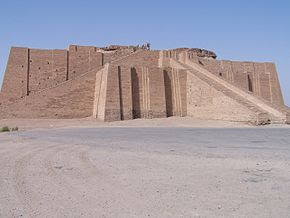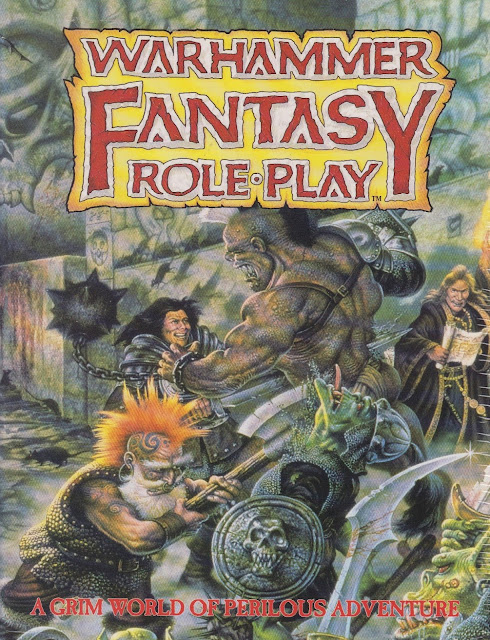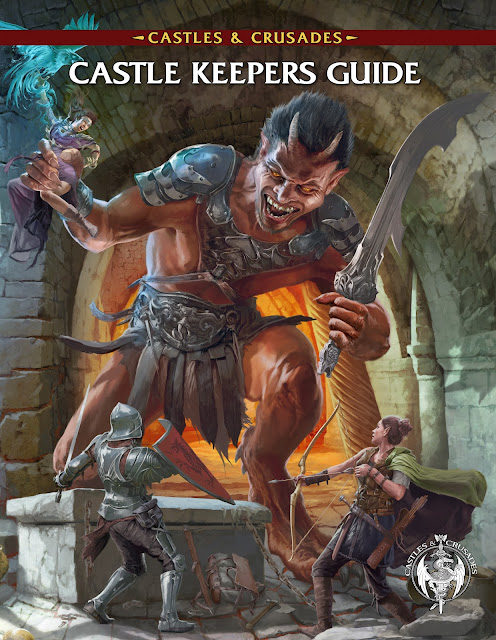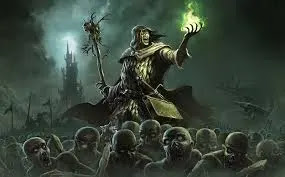OK, first, I am not even making a nominal effort to edit nor organize this. I am writing it right into blogger because, I am sorta excited and stuck on a subject. Yes! Excited! And stuck. I decided going forward I am going to sandbox everything, except those things I don't :). Let me rephrase that, I want to sandbox everything.
We (TLG) is/are doing something I think. A1 is being released with a 5e conversion. I think I will badger Steve into putting a CnC quickstart rules in there as well. But I digress. It did get me thinking about super duper long adventures spread out over various metric tons on modules. They can be sorta a train wreck to keep track of - for me at least as I tend to rely on a knowingly bad memory instead of notes. Luckily everyone around me is as old as dirt and all our memories are bad.(FYI, did you know that the stuff we generally see as dirt has only been around for about 500 million years. Actual dirt is about 4 billion years old. Plus or minus 22 seconds.)
Where was I.... Oh getting a cup of coffee, maybe that will jog my memory. it didn't. I am forced to read my previous two paragraphs.
Sandboxing everything. I guess I could have read the title. Not sure where i was headed with this.
Ok so I suppose the first thing that jogged my rattled noggin was looking at an old hex crawl I once wrote for my campaign. Each hex was roughly 30 miles and the map covered many thousands of miles across. it is dotted with cities and teeny tiny numbers. I can only find a few of the reference sheets. It is those reference sheets that Steve recalled and asked me start writing a series of one page adventures for our Patreon Account. I was just fondly remembering how much fun that map and notes engendered. The players just wandered from place to place and encountered stuff. Most of the encounters typically took one or two sessions to complete.
And then it occurred to me. Why not do a hex crawl with many hundreds of small adventuring locals and quit with the hole huge arcing campaign or themed adventures stretching on into infinity. I mean, most people only have time for one or two games a week and these typically only last four to six hours. Running long arcing campaigns is just not something a lot of people do.
Or do they?
The people at Wizards sure seem to think so. And looking at the popularity of their adventures paths series or whatever, they might just be correct. I don't know. I am not privy to all their research. What I do know is that long arcing adventures are popular with many gamers. So, that being said, how am I going to create an atomized set of adventures within a series of long arcing adventures. I think I have a way.
All this is inspired by Go by the the way. So anyway, that's where I am. Now I have to figure out how to actually make a hex crawl type set up that's functional and presentable. Then take a lot of smaller adventures that can, but not necessarily have to, interlace to a larger themed adventure. In fact, the hole hex crawl would be a type of puzzle that would not need to be solved to be completed.
Off to the races.
Very excited


















